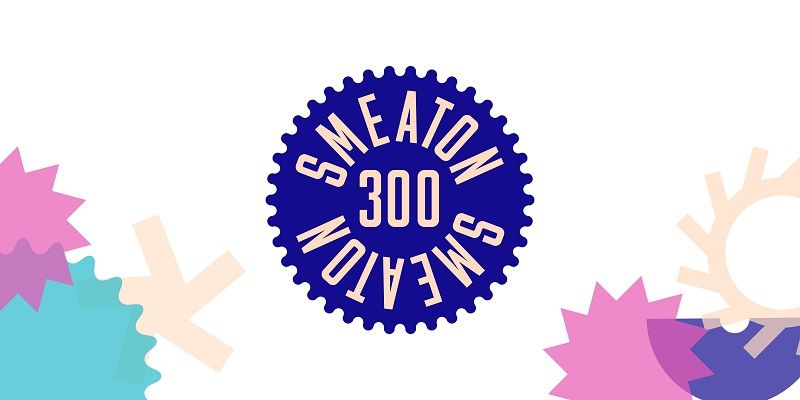Smeaton300 partnership to explore legacy of UK's first civil engineer

The University of Leeds proudly announces its official partnership with Smeaton300 to commemorate the 300th birthday of John Smeaton, known as the father of civil engineering.
Born in Leeds in 1724, Smeaton dedicated his life to developing tools and innovations for the betterment of society, leaving behind a legacy in the field of infrastructure design, including bridges, canals, harbours, and lighthouses.
Smeaton300, a national creative events programme, takes inspiration from the groundbreaking work of the UK's first civil engineer to curate a series of engaging events for the public.
Smeaton300 is developed by Foxglove and enabled by Leeds City Council in partnership with LEEDS 2023.
In 2024 the University of Leeds, via the Cultural Institute, will be a Smeaton300 principal partner. The University will be delivering a series of curated engaging and research-inspired cultural events led by Cultural Producers on campus, and in partnership with the School of Civil Engineering.
Rooted in the University’s commitment to civic engagement, researchers, students, and University of Leeds Staff, as well as the public, will have the opportunity to engage with the programme throughout the year.
The year-long programme will draw inspiration from four key areas that underpin Smeaton’s work:
- Inspired by Nature – Smeaton harnessed elements like water, wind, and air, earning the Copley Medal for his work on renewable off-grid technology.
- The Art of Engineering – Smeaton’s work was interdisciplinary in nature, this theme will be looking at how partnerships among engineers, artists, scientists, and designers can be found everywhere.
- Find Our Way Home – Smeaton's contributions to bridges, waterways, lighthouses, and navigation instruments highlight civil engineering's role in navigation, mapping, and migration.
- For the Public Good – Smeaton was an ethical employer, providing fair treatment, sick pay, and medical coverage for injured workers. He prioritised public good over personal profit.
Stay updated on the latest developments and learn how to get involved by signing up to our newsletter.
Want to share an idea that aligns with the above themes? Get in touch with us at culturalinstitute@leeds.ac.uk and let's explore the possibilities.